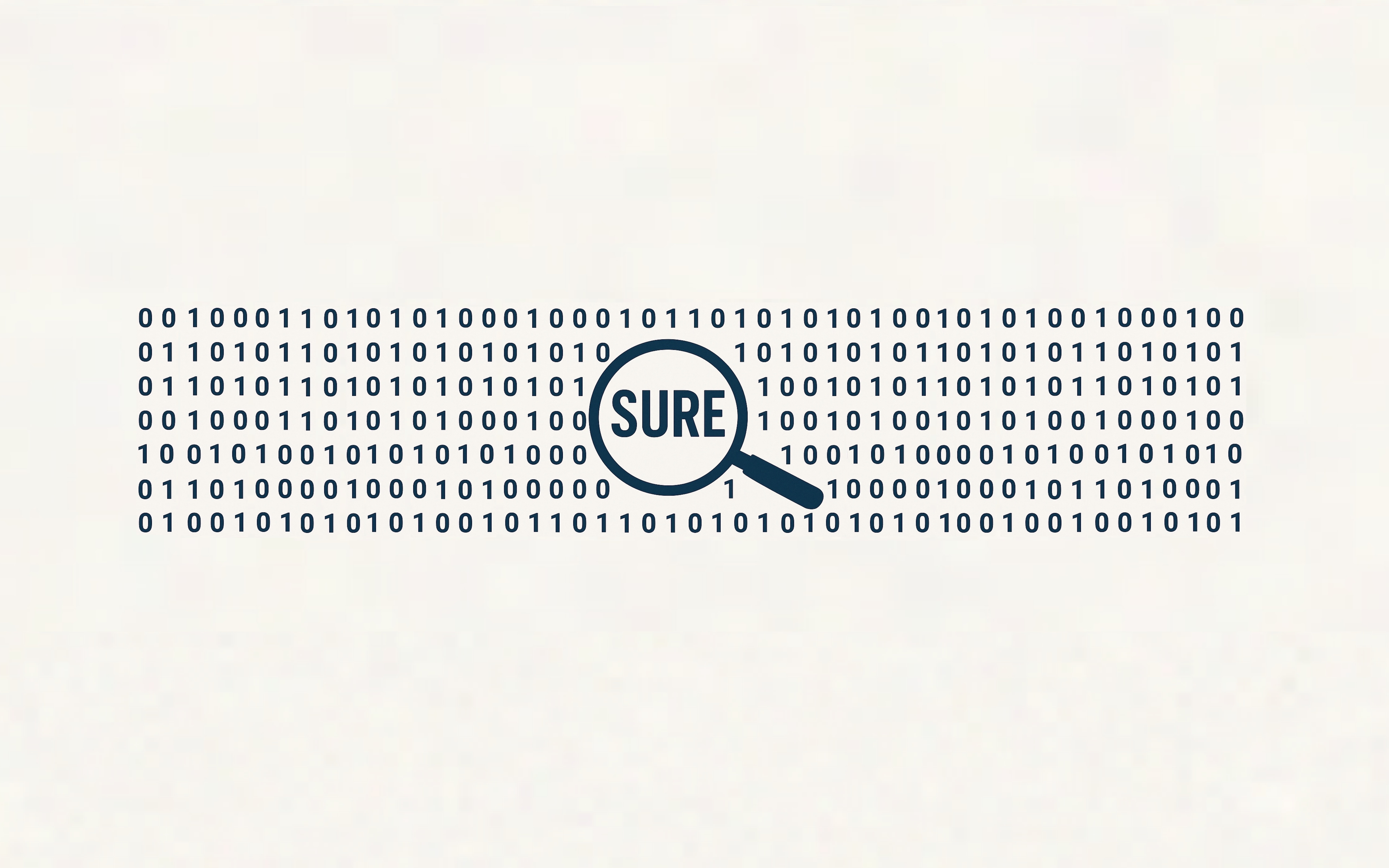Program
-
9:15–9:30
Opening Remarks
-
9:30–10:30
Keynote: Reverse Engineering in the 2020s: Where are we, and where should we go?
Dr. Brendan Dolan-Gavitt
Over the past 20 years that I have been involved in binary analysis and reverse engineering research, there have been impressive advances across many areas: better decompilers, improved type recovery, new techniques for deobfuscation, and more. In this talk, I will attempt to recap how the field has changed during this time from my own point of view, and argue that it may now be time to set our sights on bigger challenges. We have moved from a world dominated by 32-bit x86 assembly produced from plain C or C++ code to a wider range of architectures and source languages, but the results of our analyses are still largely useful only to highly technical audiences. What would it look like to build analyses that try to expose the internal workings of programs to end users?
-
10:30–11:00
Break
-
11:00–12:00
Higher-Level Languages
Session Chair: Ati Priya Bajaj
• Systematic Testing of C++ Abstraction Recovery Systems by Iterative Compiler Model Refinement
• ideco: A Framework for Improving Non-C Decompilation
• Measuring While Playing Fair: An Empirical Analysis of Language and Framework Usage in the iOS App Store -
12:00–13:30
Lunch / Poster Session
• Enhancing Bytecode Exact Decompilation via LLM-Generated Seeds
• Improving Out-of-SSA Variable Renaming with Dependency Strength-Based Grouping
• Delinking: Stripping Programs for Parts -
13:30–14:50
Benchmarking
Session Chair: Zion Leonahenahe Basque
• Benchmarking Binary Type Inference Techniques in Decompilers
• Towards Scalable Evaluation of Software Understanding: A Methodology Proposal
• On the Learnability, Robustness, and Adaptability of Deep Learning Models for Obfuscation-applied Code
• DEBRA: A Real-World Benchmark For Evaluating Deobfuscation Methods -
14:50–15:30
Break
-
15:30–16:10
Application & Future Work
Session Chair: Ati Priya Bajaj
• LibHIT: A Hardware-Based Approach to Efficient and Evasion-Resistant Dynamic Binary Analysis
• Toward Inferring Structural Semantics from Binary Code Using Graph Neural Networks -
16:20–17:15
Panel: Modern Software Understanding
